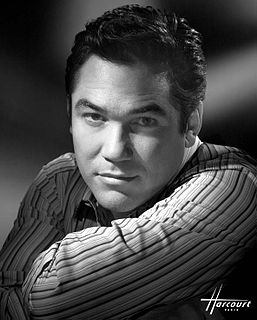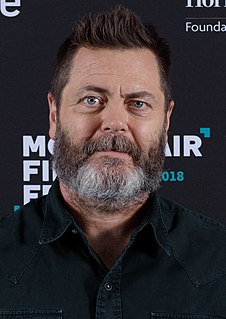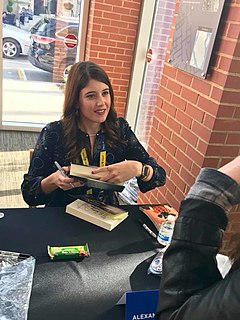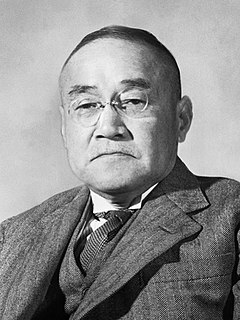A Quote by Dean Cain
I was a history major at Princeton University; I took exams in war and diplomacy, and I find those things very fascinating.
Quote Topics
Related Quotes
Anyone who has ever studied the history of American diplomacy, especially military diplomacy, knows that you might start in a war with certain things on your mind as a purpose of what you are doing, but in the end, you found yourself fighting for entirely different things that you had never thought of before. In other words, war has a momentum of its own and it carries you away from all thoughtful intentions when you get into it. Today, if we went into Iraq, like the president would like us to do, you know where you begin. You never know where you are going to end.
When I [first] went to university, I was doing foreign languages, because I had done them since I was 13 years old. I had done French and German. I picked up Italian, just sort of blasted through the exams, [and then] took off overseas, because I wanted to be an actor. I thought, "I'm just not academic." I'm not very competitive, in terms of acting. But since going back to university, I've realized, I am highly competitive.
I did not know much history when I became a bombardier in the U.S. Air Force in World War II. Only after the War did I see that we, like the Nazis, had committed atrocities... Hiroshima, Nagasaki, Dresden, my own bombing missions. And when I studied history after the War, I learned from reading on my own, not from my university classes, about the history of U.S. expansion and imperialism.
America was my home for a very long time, and it's a fascinating, pioneering country that many people look to. In the recent past it hasn't been doing very well, but there's a great new hope now with the election of Obama. America took a very big leap there and proved that it still has the edge as far as being able to do things many other countries may find difficult.
I'm one of those persons who think that watching black people suffer is not an idea of entertainment. I know a lot about African American history, which is just American history, it's always been very fascinating to me. The premise of the play is remembering and honoring those persons whose stories would never be taken into account.




































